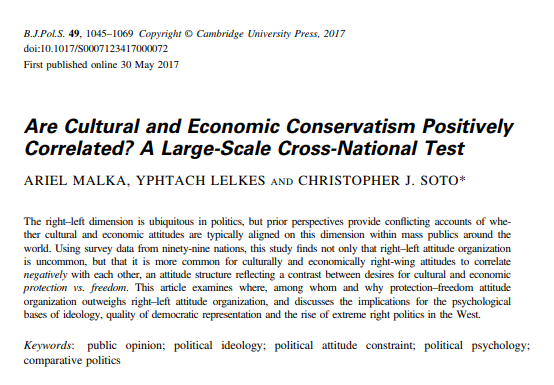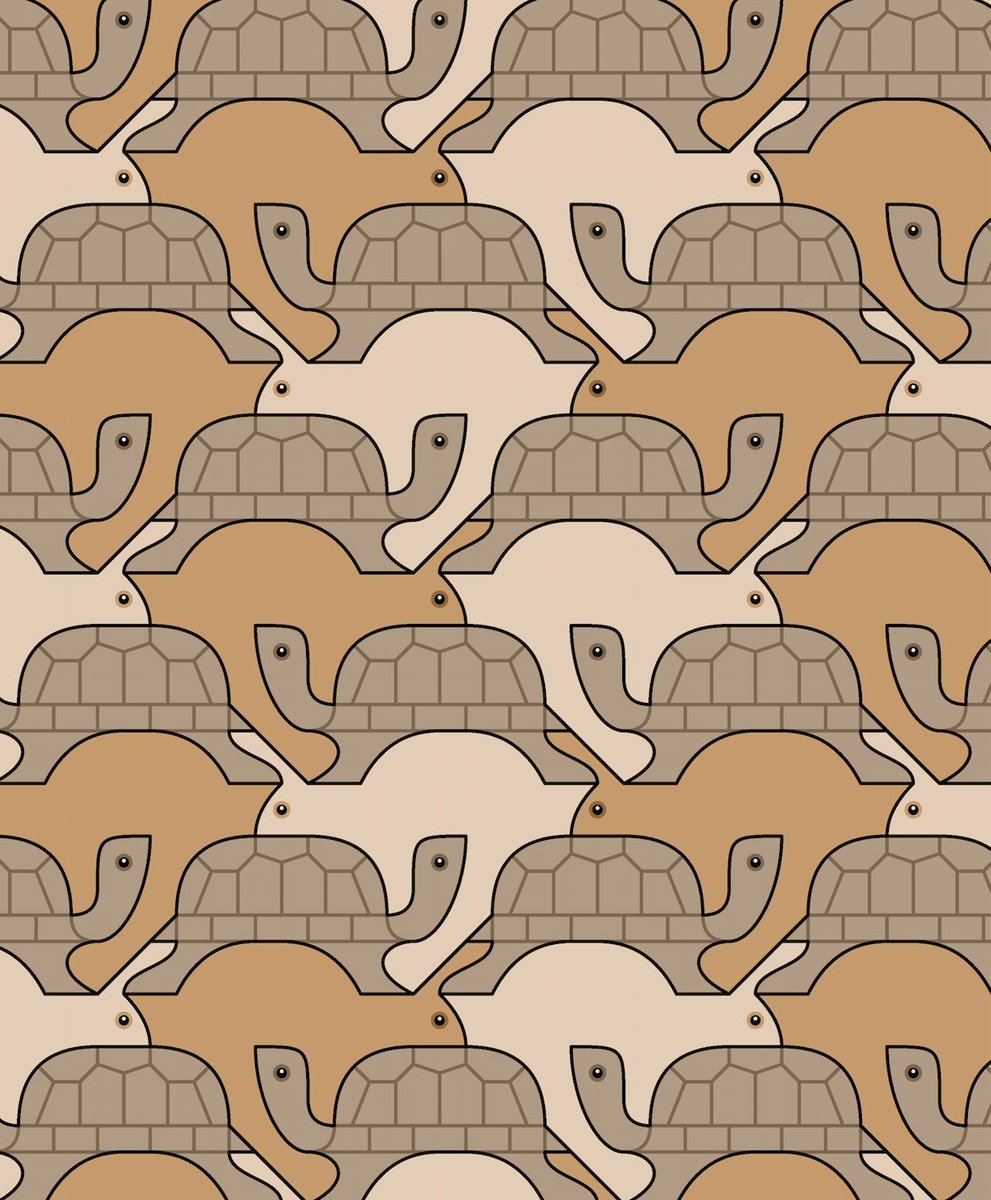We suggest that prosocial behavior may be motivated (in part) by short-term predictability (rather than long-term reciprocity).
We outline how historical contingencies and social constructs may interface with brain biology.
sciencedirect.com/science/articl…
Or the free preprint here:
psyarxiv.com/x5rbs/
journals.plos.org/plosone/articl…
science.sciencemag.org/content/366/64…












